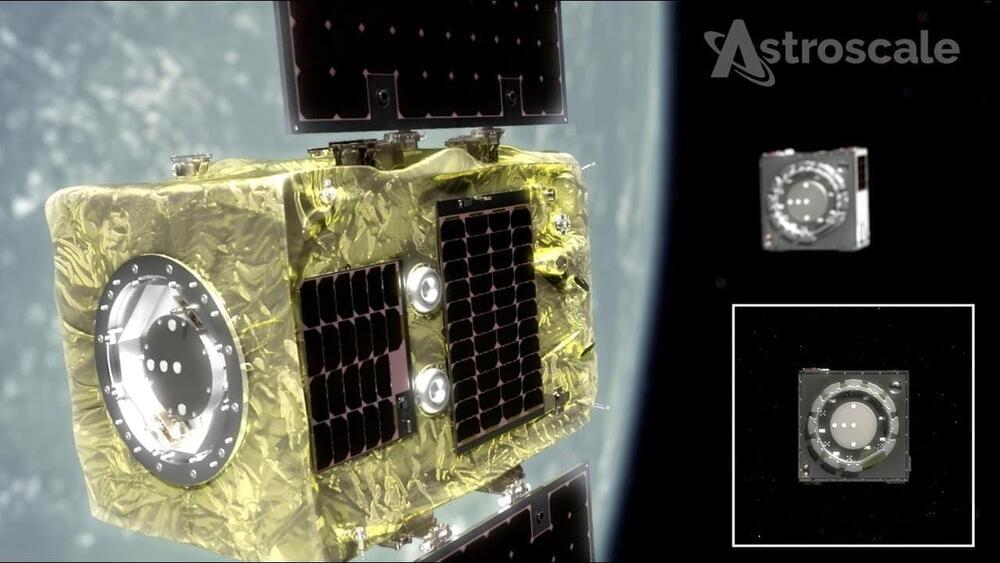Maybe.
To combat this issue, Astroscale Inc., a private Japan-headquartered company, has devised several commercial spacecrafts tasked with decluttering space. The company is on track to deliver the world’s first garbage truck for removing defunct satellites in 2,024 and today announced its prototype completed its first demonstration in space. Although experts say that one active debris remover isn’t enough to solve the problem, it is an important move toward protecting valuable equipment in space, including satellites that aid with everything from weather forecasts to GPS navigation.
“Those services are under threat,” says Lewis. “That threat is the destruction of the satellites, or the disruption to the services because we have to maneuver the satellites to avoid the space debris.”
Astroscale’s efforts are one of the first, tiny steps towards cleaning up debris. Its flagship mission is ELSA, short for “end-of-life services by Astroscale.” ELSA will drag satellites that are no longer operating down from high altitudes to the planet’s natural incinerator: the oxygen-rich atmosphere at lower Earth orbits. Both the space-cleaner and satellite will burn up here before they hit the surface of the Earth. In March this year, Astroscale launched its prototype ELSA-d (d stands for demonstration) to test its proximity capture technology. It contains two satellites: a chaser and a target that will proxy as a hunk of wreckage. Each satellite is equipped with a magnetic docking plate so that the chaser can latch onto its target.
